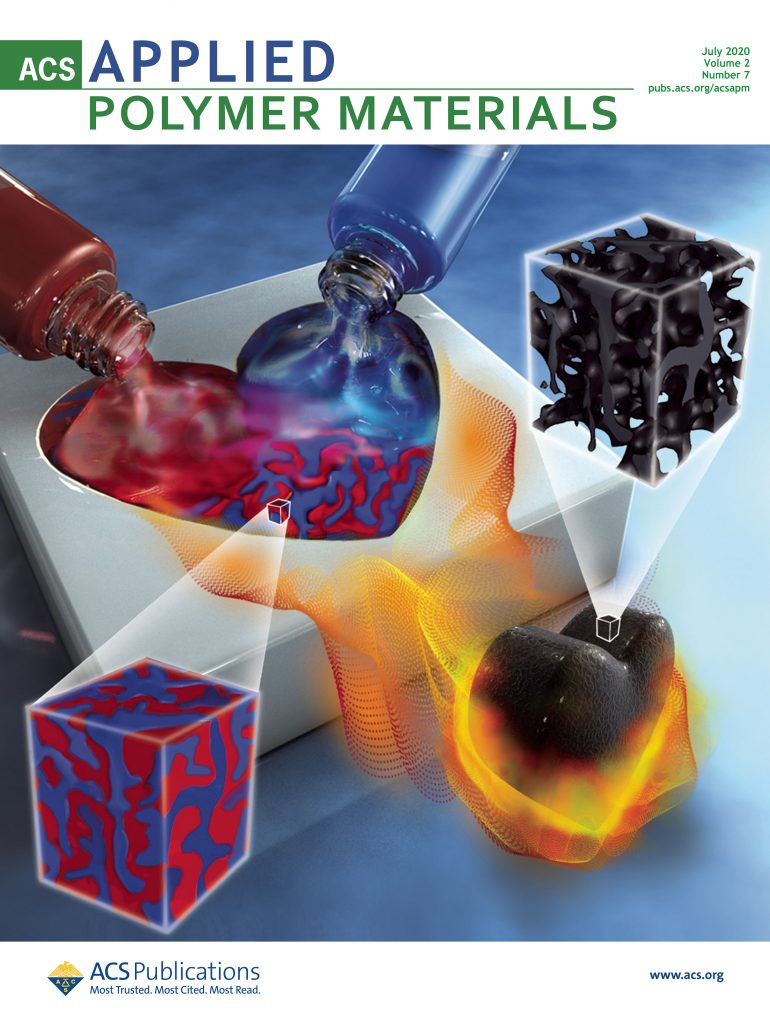How Children Develop Healthy Behavioral Choices to Promote Illness Prevention
IF 4.4
2区 化学
Q2 MATERIALS SCIENCE, MULTIDISCIPLINARY
引用次数: 0
Abstract
Children’s understanding of contagion has been a fruitful area for studying children’s learning. However, despite a large literature on children’s conceptual understanding of illness, there is very little research on the impact of children’s knowledge about illness transmission on adaptive behavior. This is important because how children behave when faced with a sick individual or a contaminated object is what is most relevant to whether children get sick and pass along that illness to other people. Here, we will bring together various theories of how children learn to behave adaptively when faced with the possibility of getting sick (a) to better illuminate the different ways by which children might acquire health-related behaviors and (b) to help develop recommendations for designing interventions aimed at teaching children about contagion and illness prevention in a way that produces the most adaptive health behaviors.儿童如何养成健康的行为选择以促进疾病预防
儿童对传染的理解一直是研究儿童学习的一个富有成果的领域。然而,尽管有大量关于儿童对疾病的概念理解的文献,但关于儿童疾病传播知识对适应行为影响的研究很少。这一点很重要,因为儿童在面对病人或被污染的物体时的表现与儿童是否生病并将疾病传染给其他人最相关。在这里,我们将汇集关于儿童在面对生病的可能性时如何学会适应性行为的各种理论(a),以更好地阐明儿童可能获得与健康有关的行为的不同方式;(b)帮助制定旨在以产生最具适应性的健康行为的方式教育儿童有关传染和疾病预防的干预措施设计建议。
本文章由计算机程序翻译,如有差异,请以英文原文为准。
求助全文
约1分钟内获得全文
求助全文
来源期刊

ACS Applied Polymer Materials
Multiple-
CiteScore
7.20
自引率
6.00%
发文量
810
期刊介绍:
ACS Applied Polymer Materials is an interdisciplinary journal publishing original research covering all aspects of engineering, chemistry, physics, and biology relevant to applications of polymers.
The journal is devoted to reports of new and original experimental and theoretical research of an applied nature that integrates fundamental knowledge in the areas of materials, engineering, physics, bioscience, polymer science and chemistry into important polymer applications. The journal is specifically interested in work that addresses relationships among structure, processing, morphology, chemistry, properties, and function as well as work that provide insights into mechanisms critical to the performance of the polymer for applications.
 求助内容:
求助内容: 应助结果提醒方式:
应助结果提醒方式:


